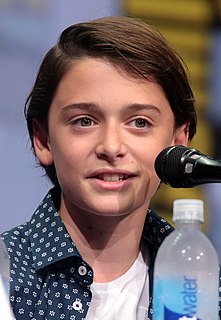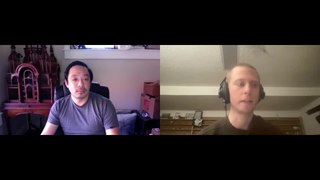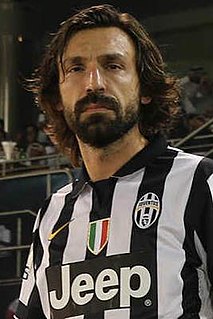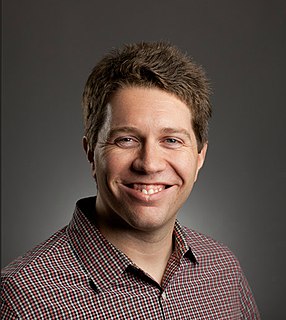A Quote by Clara Shih
Facebook is a CRM for people. The days of the anonymous web is over. People expect more.
Related Quotes
We started off as this platform inside Facebook; and we were pretty clear from the beginning that that wasn't where it was going to end up. A lot of people saw it and asked, 'Why is Facebook trying to get all these applications inside Facebook when the web is clearly the platform?' And we actually agreed with that.
The notion of people commenting on you, the notion of people saying things about you, people liking or disliking you and getting into your business, has become more of a reality for the general public over the last years, as people have dipped further into Facebook, Twitter, Instagram and social media.
Find that thing you are super passionate about. A lot of founding principles of Facebook are that if people have access to more information and are more connected, it will make the world better; people will have more understanding, more empathy. That’s the guiding principle for me. On hard days, I really just step back, and that’s the thing that keeps me going.
The way the Facebook network is set up, it's not as suitable for content discovery. Twitter is better, but there are too many over-sharers. Also, on Twitter and Facebook, everything comes from people you know. On StumbleUpon, it comes from people that you don't necessarily know but share your interests.
































